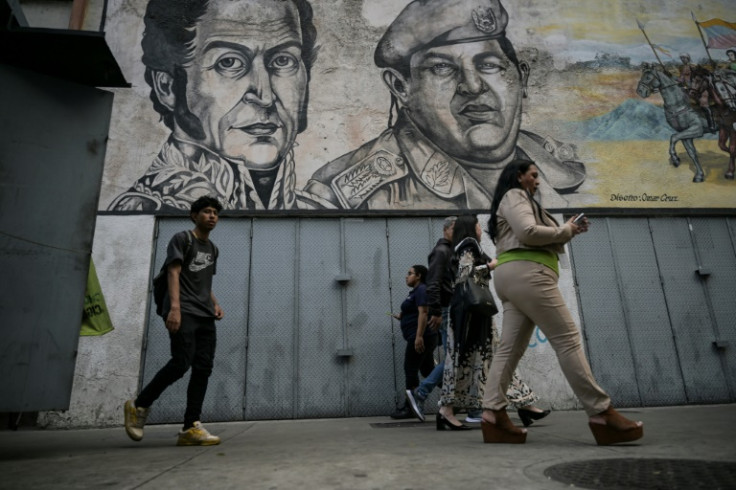
Among the 16 Venezuelan officials recently sanctioned by the U.S. are some accused of extorting money from political detainees. One of them is Miguel Antonio Muñoz Palacios, director of the Bolivarian Intelligence Service (SEBIN) since 2021.
Muñoz is alleged to be part of the "Pitbull Group," a faction within SEBIN and the Military Counterintelligence Directorate (DGCIM) that U.S. authorities claim has engaged in kidnappings and murders for financial gain. OFAC described the group as responsible for performing illicit operations outside the law.
Following the July elections, the Venezuelan government launched a widespread crackdown, which was reportedly accompanied by extortion, according to specialized outlet InSight Crime. Security officials allegedly demanded payments from detainees, offering release or non-arrest in exchange for money. Human rights organization Foro Penal reports that at least 1,834 people have been detained in Venezuela for political reasons.
This pattern of extortion is not new. Similar abuses were reported during "Operation Trueno" in Guárico state, where security forces falsely arrested individuals and demanded bribes for their release.
Local businesses were also targeted for extortion. According to Marino Alvarado, coordinator of the nonprofit Provea, extortion by Venezuelan security forces has surged in recent years, with officials frequently demanding payments in U.S. dollars. In cases where victims could not meet the demands, officials accepted valuable goods like electronics.
The recent wave of arrests has focused on individuals linked to the opposition or those involved in election activities. Payments demanded by security agents reportedly ranged from $10,000 to as low as $1,000, depending on the victim's ability to pay. In one case, a woman who worked as an election monitor for the opposition was forced to flee the country after her family, unable to meet an initial $5,000 demand, sold belongings to raise $2,000 to prevent her arrest.
The extortion is seen as part of a broader strategy by President Nicolás Maduro's government to maintain power, with security forces allowed to operate with impunity in exchange for their loyalty. Despite numerous reports of abuse, there has been little response from Venezuelan judicial authorities.
High-ranking Venezuelan officials have also been accused by the U.S. of being involved in a state-sanctioned drug-trafficking ring. Known as "Los Soles" (The Suns), the cartel is mainly comprised of military members.
InSight Crime has published different investigations saying the term is used to "describe opaque groups within Venezuela's military, including the contraband of gasoline, illegal mining and other corruption schemes, drug trafficking among them."
The ' Drug Enforcement Agency (DEA) has also been running a secret operation where undercover agents were sent to Venezuela to build drug-trafficking cases against the country's leaders.
"Operation Money Badger" targeted, among others, Venezuelan President Nicolás Maduro and some of his closest allies, including businessman Alex Saab, freed from U.S. custody earlier this year as part of a prisoner swap.
© 2025 Latin Times. All rights reserved. Do not reproduce without permission.





